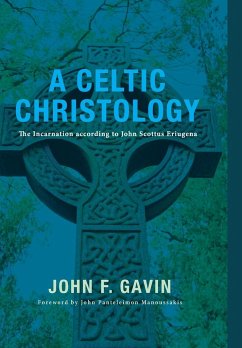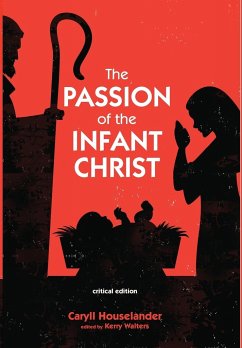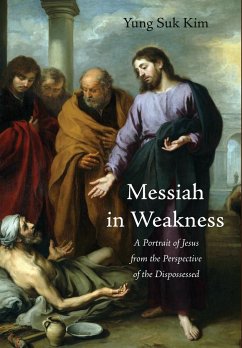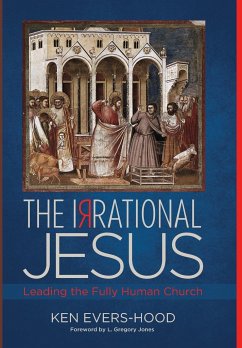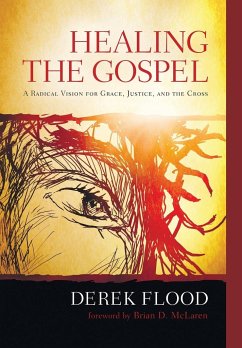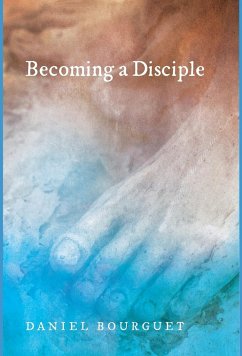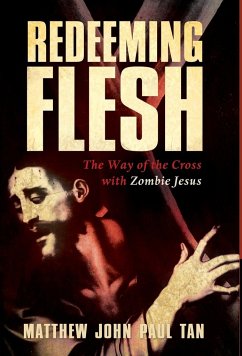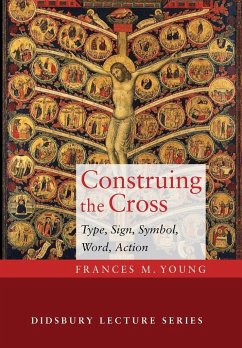John Scottus Eriugena, the brilliant and controversial Irishman in the court of Charles the Bald (823-877), the grandson of Charlemagne, drew upon both the Latin and Greek patristic traditions in order to present a bold and original Christian vision. A philosopher, theologian, translator, poet, and mystic, he may be considered the ideal Carolingian Renaissance man. This volume examines his understanding of the Incarnation, the enfleshment of the Word. On the one hand, Eriugena's Christology creatively appropriates traditional categories in order to explain God's philanthropia in creating, sustaining, and restoring the cosmos. On the other hand, it also provides a guide for the believer's mystical participation in the life of Jesus and return to divine union. This brilliant intellectual from the so-called "Dark Ages" offers much to inspire, and perhaps even to startle, contemporary theologians, philosophers, and believers who ponder the mystery of the God-made-flesh.
Hinweis: Dieser Artikel kann nur an eine deutsche Lieferadresse ausgeliefert werden.
Hinweis: Dieser Artikel kann nur an eine deutsche Lieferadresse ausgeliefert werden.

